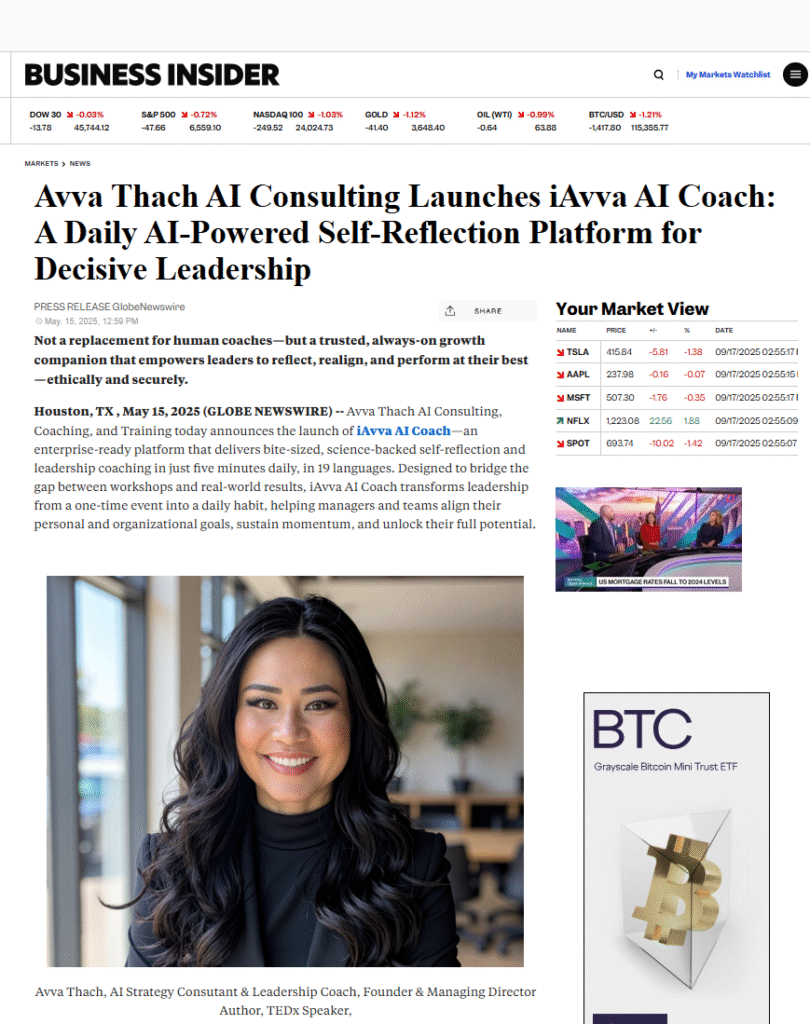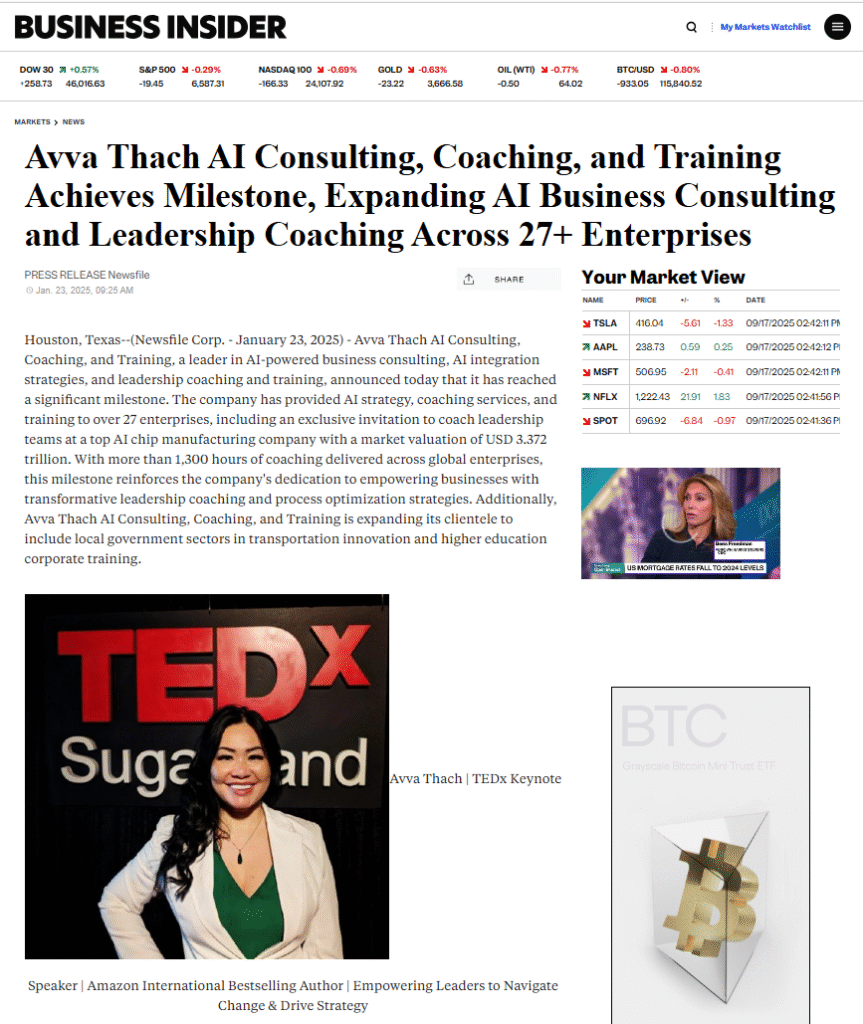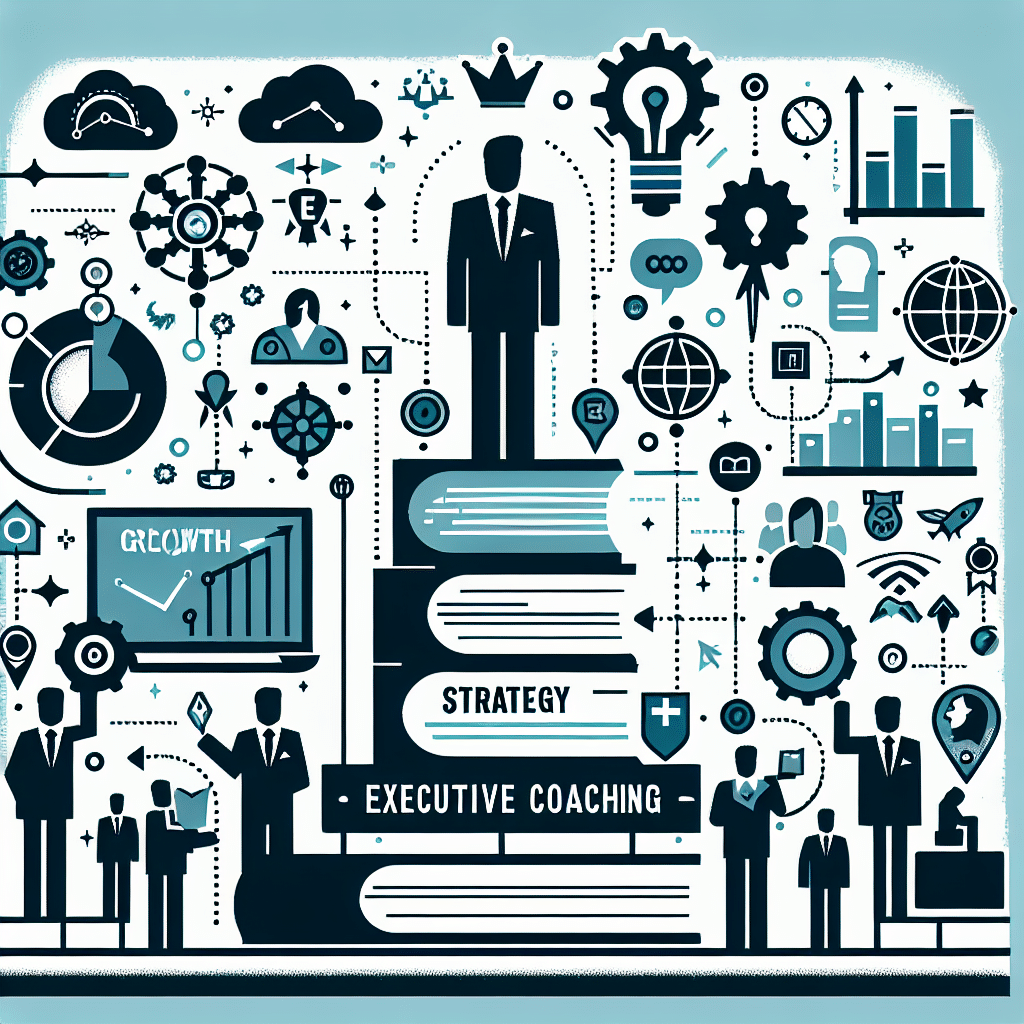In the rapidly evolving landscape of digital marketing, AI-powered marketing has emerged as a transformative force. At its core, AI-powered marketing leverages artificial intelligence technologies to analyze data, predict consumer behavior, and automate marketing processes. This integration of AI into marketing strategies allows businesses to make data-driven decisions, optimize campaigns in real-time, and enhance customer engagement.
By utilizing machine learning algorithms and natural language processing, companies can gain insights into customer preferences and market trends that were previously unattainable. The essence of AI-powered marketing lies in its ability to process vast amounts of data at unprecedented speeds. Traditional marketing methods often rely on historical data and manual analysis, which can be time-consuming and prone to human error.
In contrast, AI systems can continuously learn from new data inputs, adapting strategies to meet changing consumer demands. This dynamic approach not only improves efficiency but also enables marketers to create more targeted and relevant campaigns that resonate with their audience.
Key Takeaways
- AI-powered marketing enhances targeting and personalization by leveraging advanced data analysis.
- Implementing AI strategies requires integrating the right tools and platforms tailored to business needs.
- Data is crucial for AI marketing, enabling more accurate customer insights and campaign optimization.
- Ethical considerations and overcoming challenges like data privacy are essential for responsible AI marketing.
- Successful case studies demonstrate AI’s potential to boost engagement and drive e-commerce growth.
The Benefits of AI-Powered Marketing
The advantages of adopting AI-powered marketing strategies are manifold. One of the most significant benefits is the ability to enhance customer experiences through personalization. By analyzing customer data, AI can identify individual preferences and tailor marketing messages accordingly.
This level of personalization fosters deeper connections between brands and consumers, leading to increased loyalty and higher conversion rates. Moreover, AI can automate repetitive tasks, freeing up valuable time for marketers to focus on strategic initiatives. Another key benefit is the improved efficiency in campaign management.
AI algorithms can analyze performance metrics in real-time, allowing marketers to make data-driven adjustments on the fly. This agility not only maximizes the effectiveness of marketing efforts but also minimizes wasted resources. Additionally, AI-powered tools can predict future trends based on historical data, enabling businesses to stay ahead of the competition by anticipating market shifts and consumer needs.
Implementing AI-Powered Marketing Strategies

To successfully implement AI-powered marketing strategies, organizations must first establish a clear framework that aligns with their overall business objectives. This involves identifying specific goals that AI can help achieve, such as increasing customer engagement or improving lead conversion rates. Once these objectives are defined, businesses should invest in the right technology and tools that facilitate the integration of AI into their marketing processes.
Training and upskilling staff is another critical component of implementation.
This may involve workshops, online courses, or collaboration with AI experts to ensure that teams are equipped with the necessary skills.
Furthermore, organizations should foster a culture of experimentation, encouraging teams to test new AI-driven approaches and learn from both successes and failures.
Leveraging Data for AI-Powered Marketing
| Metric | Description | Example Value | Impact on AI-Powered Marketing |
|---|---|---|---|
| Customer Data Volume | Amount of customer data collected (e.g., profiles, behaviors) | 10 million records | Enables more accurate AI models for personalization |
| Data Freshness | Frequency of data updates | Daily | Improves real-time targeting and campaign relevance |
| Data Accuracy | Percentage of data free from errors or inconsistencies | 98% | Enhances AI model reliability and decision-making |
| Customer Segments Identified | Number of distinct customer groups created via AI clustering | 15 segments | Allows tailored marketing strategies for each segment |
| Campaign Conversion Rate | Percentage of targeted customers who convert | 12% | Measures effectiveness of AI-driven marketing efforts |
| Personalization Score | Degree to which marketing content is personalized | 85% | Correlates with higher engagement and loyalty |
| AI Model Training Time | Time taken to train marketing AI models | 4 hours | Impacts speed of deploying updated marketing strategies |
| Return on Marketing Investment (ROMI) | Revenue generated per marketing unit spent | 3.5x | Indicates financial effectiveness of AI-powered marketing |
Data is the lifeblood of AI-powered marketing; without it, the effectiveness of AI systems diminishes significantly. Organizations must prioritize data collection and management practices to ensure they have access to high-quality, relevant information. This includes gathering data from various sources such as customer interactions, social media engagement, and website analytics.
The more comprehensive the data set, the more accurate the insights generated by AI algorithms will be. Moreover, businesses should focus on establishing robust data governance frameworks to maintain data integrity and security. This involves implementing policies that dictate how data is collected, stored, and utilized while ensuring compliance with regulations such as GDPR or CCPBy prioritizing data quality and governance, organizations can enhance their AI capabilities and drive more effective marketing strategies.
Personalization and AI-Powered Marketing
Personalization is a cornerstone of effective marketing, and AI has revolutionized how businesses approach this concept. With the ability to analyze vast amounts of customer data in real-time, AI can deliver highly personalized experiences that cater to individual preferences and behaviors. For instance, e-commerce platforms can recommend products based on previous purchases or browsing history, creating a tailored shopping experience that encourages conversions.
Furthermore, AI-driven personalization extends beyond product recommendations. It encompasses personalized email campaigns, targeted advertisements, and customized content that resonates with specific audience segments. By leveraging AI to create these personalized experiences, brands can foster stronger relationships with their customers, ultimately leading to increased loyalty and repeat business.
AI-Powered Marketing Tools and Platforms

The market is flooded with a plethora of AI-powered marketing tools and platforms designed to streamline various aspects of marketing operations. These tools range from customer relationship management (CRM) systems that utilize AI for lead scoring to content creation platforms that generate personalized content at scale. By integrating these tools into their marketing strategies, organizations can enhance efficiency and effectiveness across the board.
Some notable examples include chatbots that provide instant customer support, predictive analytics tools that forecast consumer behavior, and social media monitoring platforms that analyze sentiment around brands. Each of these tools harnesses the power of AI to deliver actionable insights and automate processes, allowing marketers to focus on strategic decision-making rather than mundane tasks.
AI-Powered Marketing in E-commerce
E-commerce has been one of the most significant beneficiaries of AI-powered marketing strategies. With the rise of online shopping, businesses are increasingly turning to AI to enhance customer experiences and drive sales. For instance, AI algorithms can analyze user behavior on e-commerce websites to recommend products that align with individual preferences, thereby increasing the likelihood of purchase.
Additionally, AI can optimize pricing strategies by analyzing competitor pricing and market demand in real-time. This dynamic pricing approach allows e-commerce businesses to remain competitive while maximizing profit margins. Furthermore, AI-driven inventory management systems can predict demand fluctuations, ensuring that businesses maintain optimal stock levels without overstocking or running out of popular items.
The Future of AI-Powered Marketing
As technology continues to advance at a rapid pace, the future of AI-powered marketing looks promising. Emerging technologies such as augmented reality (AR) and virtual reality (VR) are beginning to intersect with AI capabilities, creating immersive experiences for consumers. For example, brands may leverage AR to allow customers to visualize products in their own environments before making a purchase decision.
Moreover, advancements in natural language processing are enabling more sophisticated interactions between brands and consumers through voice search and conversational interfaces. As these technologies evolve, marketers will have new opportunities to engage with their audiences in innovative ways. The key will be for organizations to remain agile and adaptable in their strategies, continuously exploring how they can leverage emerging technologies to enhance their marketing efforts.
Overcoming Challenges in AI-Powered Marketing
Despite its numerous benefits, implementing AI-powered marketing strategies is not without challenges. One significant hurdle is the potential for bias in AI algorithms, which can lead to skewed insights and ineffective targeting. Organizations must be vigilant in monitoring their AI systems for bias and ensuring that they are trained on diverse datasets that accurately represent their target audiences.
Additionally, there may be resistance from employees who are hesitant to adopt new technologies or fear job displacement due to automation. To overcome this challenge, organizations should prioritize change management initiatives that emphasize the value of AI as a tool for enhancing human capabilities rather than replacing them. By fostering a culture of collaboration between humans and machines, businesses can maximize the potential of their AI-powered marketing efforts.
Case Studies of Successful AI-Powered Marketing Campaigns
Numerous companies have successfully harnessed the power of AI in their marketing campaigns, yielding impressive results. For instance, Netflix utilizes sophisticated algorithms to analyze viewer preferences and recommend content tailored to individual tastes. This personalized approach has significantly contributed to subscriber retention and engagement on the platform.
Another notable example is Amazon’s use of AI for product recommendations based on user behavior and purchase history. By presenting customers with relevant suggestions at every stage of their shopping journey, Amazon has been able to drive sales while enhancing the overall customer experience. These case studies illustrate how effective implementation of AI-powered marketing strategies can lead to substantial business growth.
Ethical Considerations in AI-Powered Marketing
As organizations increasingly rely on AI for marketing purposes, ethical considerations must come to the forefront of discussions surrounding its implementation. Issues such as data privacy, consent, and transparency are paramount in ensuring that consumers feel secure when interacting with brands using AI technologies. Companies must prioritize ethical practices by being transparent about how they collect and use customer data while obtaining informed consent from users.
Moreover, marketers should be mindful of the potential for manipulation through targeted advertising practices that exploit consumer vulnerabilities. Striking a balance between effective marketing strategies and ethical considerations is essential for building trust with consumers in an age where data-driven insights are paramount. By prioritizing ethical practices in their use of AI-powered marketing tools, organizations can foster long-term relationships with their customers based on trust and transparency.
In conclusion, as businesses navigate the complexities of modern marketing landscapes, embracing AI-powered strategies offers a pathway toward enhanced efficiency and effectiveness. By understanding the nuances of this technology and its implications for personalization, data utilization, and ethical considerations, organizations can position themselves for success in an increasingly competitive environment.
In today’s rapidly evolving digital landscape, businesses are increasingly turning to artificial intelligence to enhance their marketing strategies. A related article that delves into effective approaches is titled “AI Content Marketing Strategies,” which provides valuable insights on how to leverage AI tools for content creation and audience engagement. You can read more about it [here](https://iavva.ai/2025/09/14/ai-content-marketing-strategies/).
FAQs
What is an AI marketing strategy?
An AI marketing strategy involves using artificial intelligence technologies to optimize marketing efforts. This includes leveraging machine learning, data analytics, and automation to improve customer targeting, personalize content, and enhance campaign performance.
How does AI improve marketing campaigns?
AI improves marketing campaigns by analyzing large datasets to identify patterns and customer preferences, enabling more precise targeting. It automates repetitive tasks, personalizes messaging, predicts customer behavior, and optimizes ad spend for better ROI.
What are common AI tools used in marketing?
Common AI tools in marketing include chatbots, predictive analytics platforms, customer segmentation software, content generation tools, recommendation engines, and programmatic advertising systems.
Is AI marketing strategy suitable for small businesses?
Yes, AI marketing strategies can be adapted for small businesses. Many AI tools offer scalable solutions that help small businesses automate marketing tasks, gain customer insights, and compete more effectively with limited resources.
What are the benefits of using AI in marketing?
Benefits include increased efficiency, improved customer targeting, enhanced personalization, better decision-making through data insights, cost savings, and the ability to scale marketing efforts quickly.
Are there any challenges in implementing AI marketing strategies?
Challenges include data privacy concerns, the need for quality data, integration with existing systems, potential high initial costs, and the requirement for skilled personnel to manage AI tools effectively.
How does AI help with customer personalization?
AI analyzes customer data such as browsing behavior, purchase history, and preferences to deliver personalized content, product recommendations, and targeted offers, enhancing customer engagement and satisfaction.
Can AI marketing strategies improve customer retention?
Yes, by predicting customer needs, identifying at-risk customers, and delivering timely, personalized communications, AI marketing strategies can significantly improve customer retention rates.
What role does data play in AI marketing strategies?
Data is fundamental to AI marketing strategies as AI systems rely on large volumes of accurate and relevant data to learn, make predictions, and automate marketing processes effectively.
How do businesses measure the success of AI marketing strategies?
Success is measured through key performance indicators (KPIs) such as increased conversion rates, higher customer engagement, improved ROI, reduced customer acquisition costs, and enhanced customer lifetime value.

















Leave a Reply